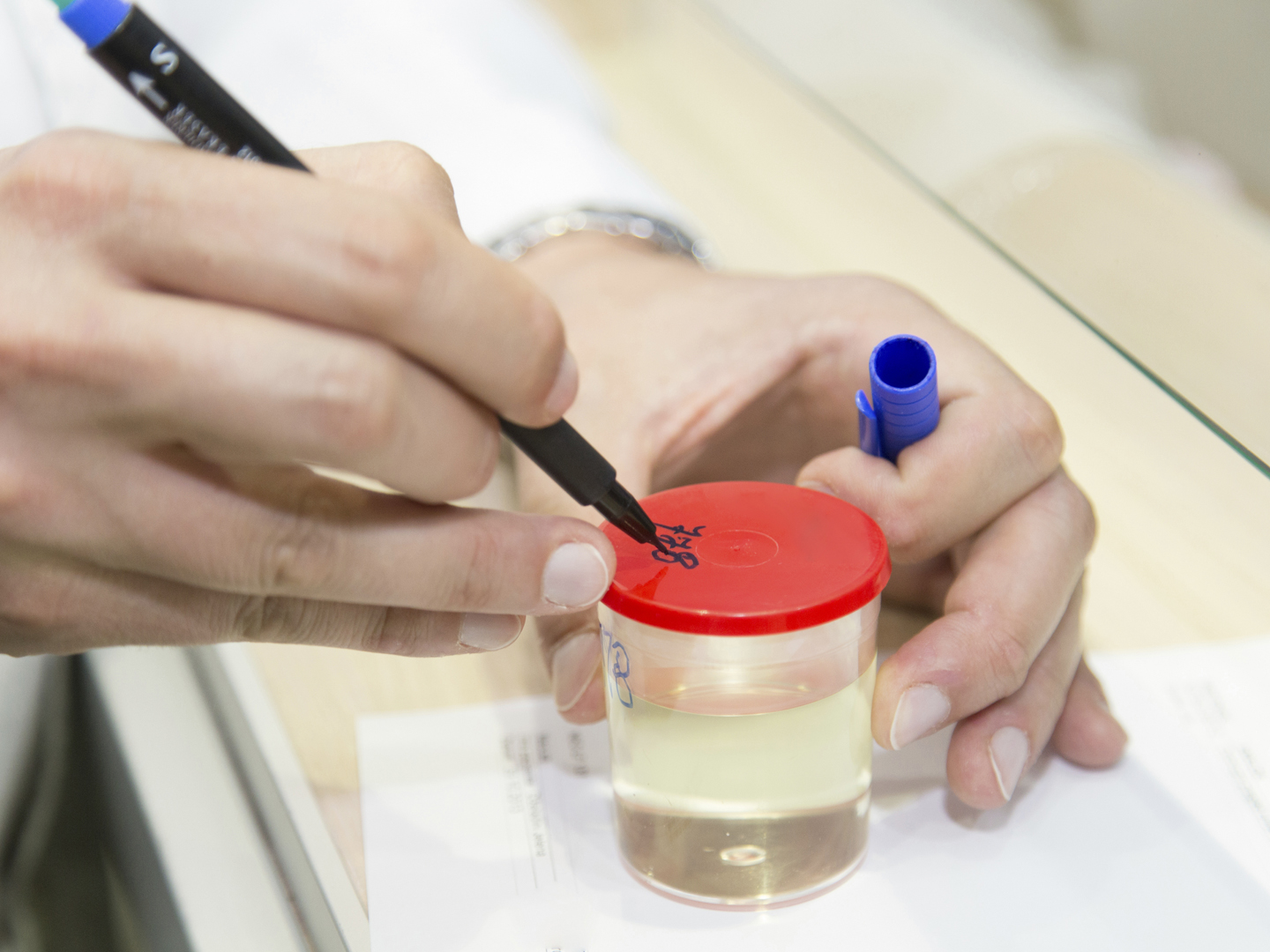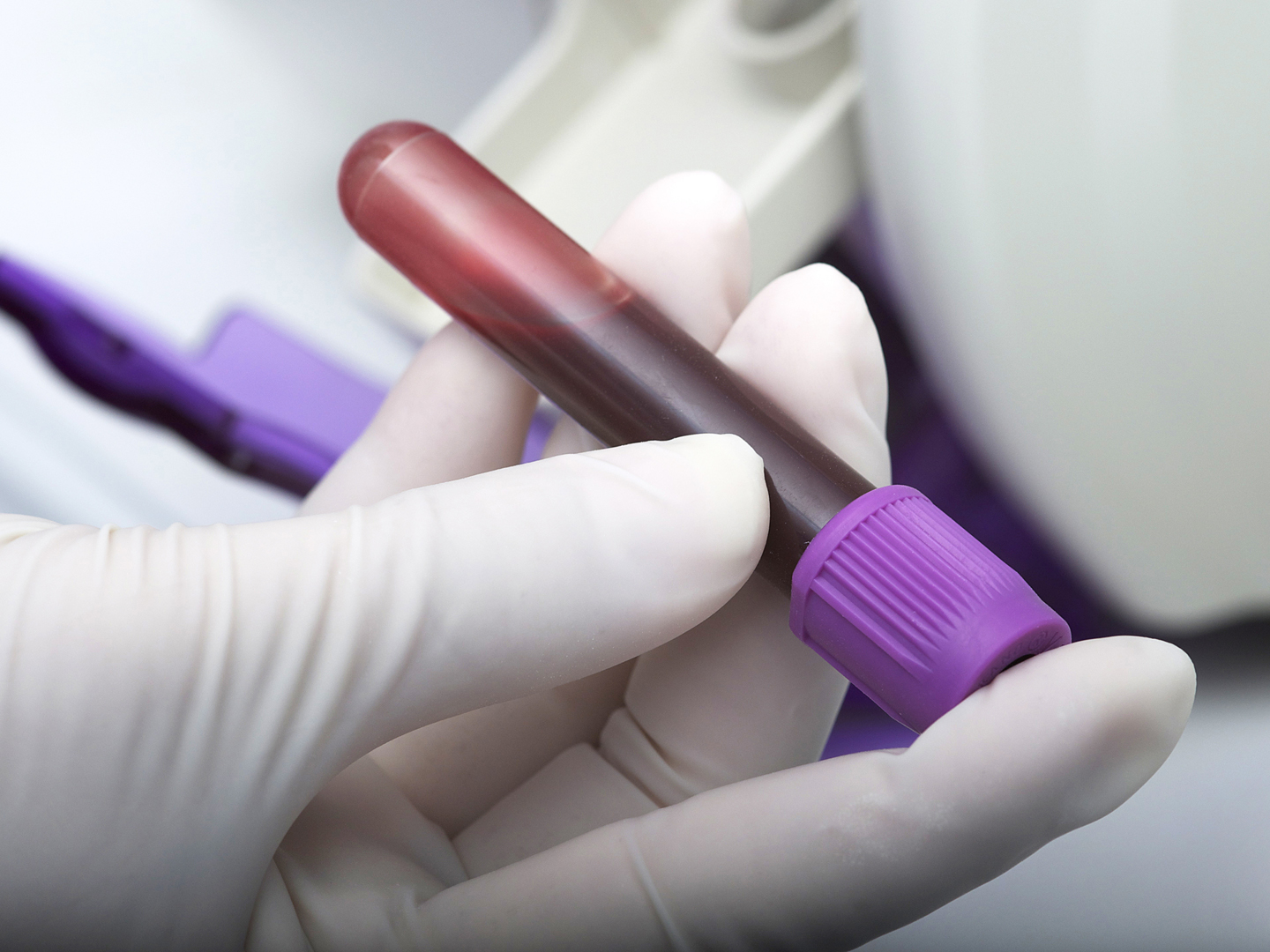Is It Dangerous To Donate A Kidney?
My dad needs a kidney, and I would be willing to give him one of mine if we’re a match. What health issues will I face living with only one kidney, and what lifestyle changes will I need to make? How much alcohol could I safely drink, and what foods would I have to avoid?
Andrew Weil, M.D. | May 8, 2009

You ask your question at just the right time. A large U.S. study of kidney donors published in January 2009 found that of the nearly 3,700 kidney donors studied, some since 1963, the quality of life was better than it was for 60 percent of individuals in the general population of the same age and gender. Smaller studies in Norway and Sweden came to similar conclusions.
In addition to investigating the general health of the donors, the researchers from the University of Minnesota, also checked on specific aspects of normal kidney function such as the flow of filtered fluid through the kidney (the medical term is the glomerular filtration rate) and the incidence of high blood pressure among the donors. They reported that overall the donors were unlikely to have developed high blood pressure, had excellent glomerular filtration rates 85 percent of the time, and that over the years only 11 of the almost 3,700 donors developed end-stage kidney disease. The study was published in the Jan. 29, 2009 issue of the New England Journal of Medicine.
To qualify as a kidney donor, you must be physically fit, in good general health, and free from high blood pressure, diabetes, cancer, kidney disease and heart disease. Gender and race don’t matter, but age is a factor – traditionally only those between 18 and 60 have been considered. If you’re hoping to donate to a relative or friend, you’ll need a blood test to determine if your blood type is compatible with the recipient’s. If so, the next steps are a thorough medical history and a physical examination.
If you smoke, you’ll have to stop to qualify as a donor. As for alcohol, if you’re a heavy drinker, be sure to tell the physicians involved in the transplant. In any case, stop drinking when your medical team tells you to and don’t resume after the surgery until you’ve been told it is safe to do so. Afterward, I would recommend avoiding excessive protein in your diet, keeping alcohol consumption moderate, and not letting yourself become dehydrated – but these are recommendations I would make to anyone seeking optimum health.
More than 100,000 Americans are on the waiting list for kidney transplants, and experts worry that the strict health criteria used in the past to qualify donors may be eased to meet the need. If so, in the future, kidney donors may not be required to have the same degree of good health as they do today.
Andrew Weil, M.D.










